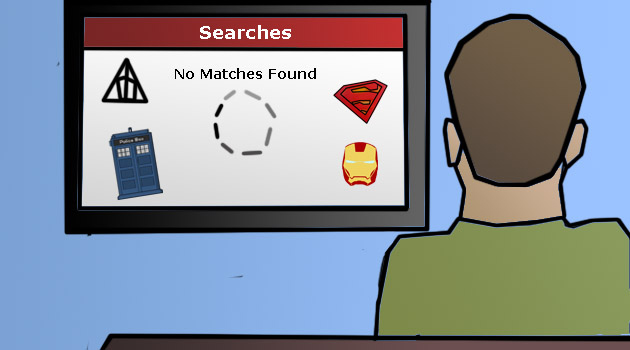Fandom relapse can be hard to cope with

Fandom relapse, or fandom withdrawal, is the process of finishing all the content in a fandom — or a fan culture built around a medium — and the empty feeling that follows

After catching up with a medium — whether it’s a TV show, a movie franchise, a book series or a video game — you will most likely experience fandom relapse.
While many may be unfamiliar with the term, only a small explanation is needed for it to suddenly click.
Fandom relapse, or fandom withdrawal, is the process of finishing all the content in a fandom — or a fan culture built around a medium — and the empty feeling that follows.
“I didn’t realize how much [fandoms] related to my life and where I was at that point in time … it was a shock to me. I just didn’t realize the impact that fandom relapse had on [me],” said Shane Darichuk, a third-year psychology student at Wilfrid Laurier University.
“I remember with Harry Potter when it ended,” said Sarah McBain, president of the WLU Film Society.
“My whole childhood was over. Because I grew up with all the books and all the movies and dressing up and all that fun stuff and once it’s over you don’t know what to do with yourself.”
Why does this happen? First-year archaeology student Mackenzie Boyd said that “sometimes we get really bored in our own lives so then we find this great world in this fandom and we’re really excited and into it and we don’t even realize how much energy we put into it until it’s gone … that’s the sucky part about it.”
“[People] get so immersed in [a fandom] that it relates to them in their own way. It’s more than just a show; it’s like a metaphor for their actual real life situation,” said Darichuk.
Many can attest to fandoms being there for them at just the right time to help them get through a tough week, month or even year.
The nature of fandom relapse makes it difficult to cope with. Coping methods vary from distractions, futile attempts to seek out similar material to succumbing to the void of feelings.
“I think when you get really bored and you’re at school all day and you want to come home and watch TV or read that book,” McBain said.
“It becomes central to your life so you have to remember to have hobbies to explore so you’ve still got that when [the fandom] is gone.”
Be that as it may, the addictive nature of fandoms will ensure that the culture surrounding it remains a flailing mess in the midst of their everyday lives.


